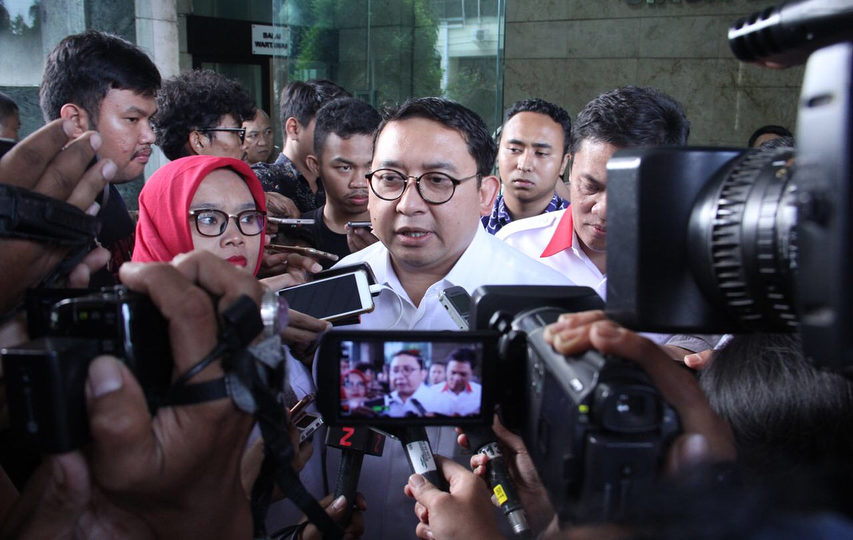One of the conundrums facing President Joko Widodo is that his quest to increase foreign direct investment in Indonesia, in order to maintain the country’s economic growth and infrastructure development (both of which have proven to be key to his current high job satisfaction rating), also opens him up to xenophobic attacks about foreign companies and workers taking over Indonesia.
A prime example of this is the presidential regulation (Perpres) on the use of foreign workers signed by Joko Widodo earlier this month with the aim of easing some of the challenges faced by companies looking to use workers from outside Indonesia.
The new regulation simplifies procedures for foreign workers coming to the country to work for short periods of time and streamlines the applications for limited stay visas (VITAS) and limited stay permits (ITAS) into one form.
Since the Perpres was passed, the president and Minister of Labor Hanif Dhakiri have been taking heat from numerous opposition politicians who have implied that the new regulations would somehow open the floodgates to foreign labor wide open so they can take jobs away from Indonesians (a sensitive issue that is easily weaponized, given the country’s high unemployment rate).
Deputy House Speaker Fadli Zon, who is also the deputy chairman of Prabowo Subianto’s Gerindra party (and also fanboy to Donald Trump and Vladimir Putin) attacked the Perpres as another sign that Jokowi’s administration was prioritizing foreigners over Indonesians. He called for a special parliamentary committee to question the regulation.
“It should not be that foreign workers can enter [Indonesia] so easily without going through a long process. I think this takes away from our workforce,” Fadli said yesterday as quoted by JPNN.
Fadli said that even before the Perpres was passed, Indonesia has seen a spike in foreign workers, citing government data that there were around 120,000 currently in the country.
But as the head of the Investment Coordinating Board (BKPM), Thomas Lembong, explained to reporters today, that figure describes the overall number of foreign workers in the country, including those on short term visas of one month. He said that the actual number of long-term foreign workers was 86,000, but noted that either figure was dwarfed by the country’s overall population of 261 million.
“Out of 1,000 workers in Indonesia, 999 of them are our workers, and one is a foreigner, so it is very unlikely that those 999 Indonesians are afraid of being flooded by foreigners,” Lembong said as quoted by Kompas.
Lembong defended the Perpres saying that it should significantly increase the amount of foreign direct investment but with very little increase in the number of foreign workers since the new regulation is mainly aimed at speeding up the existing permitting process, particularly for short-term workers. It is also aimed at decreasing the amount of bribes companies have used in the past to get through the red tape needed to bring foreign workers over legally.
But the actual technical content of the Perpres seems to be of little relevance to politicians who want to find a chink in Jokowi’s armor with which to attack him ahead of the 2019 presidential election. Even former President Susilo Bambang Yudhoyono, who recently said that his Democratic Party was prepared to field a candidate in 2019, has begun attacking the current administration on the foreign worker front.
“The President and the Government of Indonesia have to defend their people, we have a lot of skilled workers, the government must be brave, we must be the masters of our own country,” SBY said in a written statement released on Sunday picked up by CNN Indonesia.





Reader Interactions